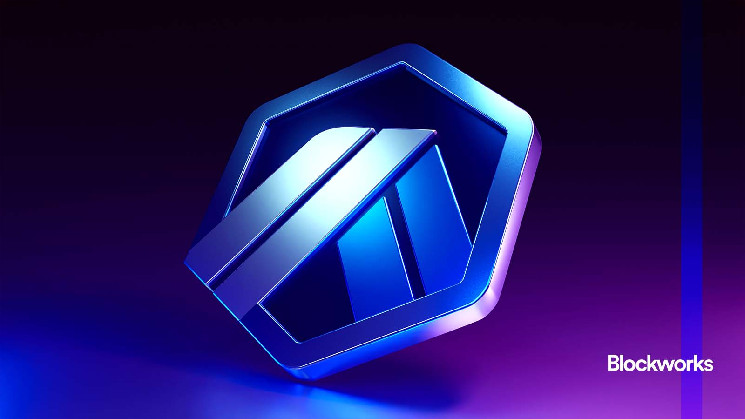This is a segment from the 0xResearch newsletter. To read full editions, subscribe.
Alliance DAO continues to shape the crypto landscape as an influential accelerator, supporting Web3 innovators with high-growth potential.
With thousands of applications each year, Alliance leverages its extensive dataset to track trends and offer insights into evolving crypto sectors. This was evident in Alliance’s latest Demo Day yesterday, where a cadre of crypto prospects showcased their latest and greatest ideas to provide a snapshot of the future of crypto development.
The startup pitches jived well with Alliance’s recent report on industry trends. The report highlights Ethereum’s ongoing dominance as a preferred blockchain for building dapps, where approximately 62% of startups in Alliance’s program are rooted. Yet, interest in alternatives, particularly Solana, is growing.
Optimistic rollups like Optimism, Arbitrum and Base are seeing rapid adoption relative to zk rollups. Base has captured significant developer interest since its launch in 2023, and now comprises a major portion of L2 activity.
Solana has rebounded strongly in the two years following the FTX collapse, accounting for 18% of recent Alliance applications. Meanwhile, Polygon, once a favored EVM scaling solution, has seen waning interest as it pursues a switch to a zk validium.
Projects like Amihan game Farm Frens and Offramp are deploying as Telegram apps while tapping into other networks in the background. Farm Frens relies on NFTs minted on Solana, while Offramp partners with wallet-as-a-service and account abstraction solutions from Dynamic and Zerodev to enable embedded, EVM-based non-custodial wallets. This helps Offramp deliver user-friendly blockchain interactions within Telegram while abstracting away complex technical details from its users.
Product verticals in the crypto space are undergoing a shift, with increased attention on infrastructure, payments and DeFi applications, Alliance found.
Infrastructure projects have steadily gained traction, partially due to their high valuations and investor appeal. DataHive, a distributed data collective powered by AI, exemplifies this interest by addressing the need for data democratization and privacy in a crypto-native framework. Starpower, a DePIN for sustainable energy, combines DeFi with real-world assets to support distributed energy resources.
In contrast, interest in DAOs and NFTs has receded as founders increasingly prioritize utility-based applications that cater to specific user needs over community-led governance structures.
Alliance partner Qiao Wang has also been vocal about the role of speculation in the crypto space, framing it as a pivotal driver for innovation and early-stage project growth. Wang argues that unlike traditional venture capital where risk aversion can stifle bold ideas, the speculative culture within crypto enables projects to secure resources and iterate rapidly.
This approach aligns with Alliance’s selection of startups. It backs protocols including the likes of Whalefare, which merges speculative gameplay with the allure of applications like Candy Crush. The goal is to demonstrate the appeal of gaming as an accessible entry point for crypto adoption.
The theme carries over to Demo Day participants Force Prime and Kiss or Rug. Force Prime, a prediction market built for strategy games, exemplifies how startups are creating gamified experiences that also cater to high-risk, high-reward speculation. Similarly, but with a “SocialFi” bent, Kiss or Rug is trying a spin on the dating app by applying game theory to its matching system.
Geographically, the trends report notes a significant drop in applications from the US and Canada, whose combined share fell from 45% in late 2021 to 29% in 2024.
This decline can be attributed to growing regulatory challenges in North America, leading founders to either relocate or build in more crypto-friendly regions. Startups like RPS, a Twitch-inspired platform for monetized competitive games, embody this shift, tapping into Asia’s active market for gaming and social platforms. Asia and Africa, meanwhile, are witnessing increased adoption, driven by real-world applications like stablecoins.
The report emphasizes that about 72% of startups within Alliance’s accelerator operate fully remotely, a setup that aligns with crypto’s inherently global and decentralized ethos.
However, Alliance still maintains a preference for in-person teams when possible, as face-to-face interactions are believed to foster stronger team cohesion and accountability.
Read the full article here

